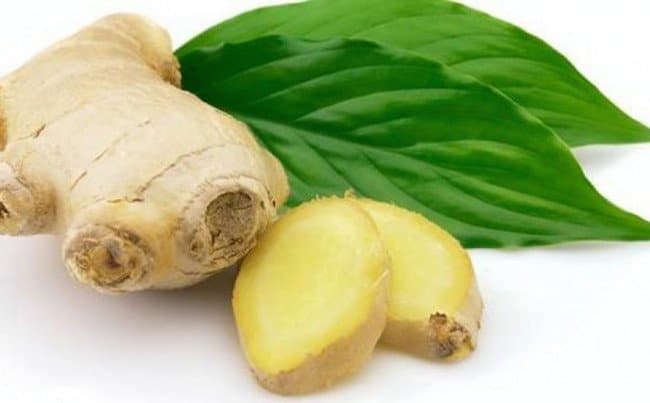
The digestive system is a complex, highly organized system that breaks food down into microscopic compounds the body can use for fuel, storage, repair, etc. However, there are many places the digestive process can go wrong. Unpleasant side effects with digestive issues include cramps, bloating, flatulence, diarrhea or constipation.
6 Best Foods for a good digestive system
There are many reasons why the digestive system may be off, but here are some general tips for foods that can help keep your digestive system healthy.
1. Ginger
Ginger has been used as a digestive aid for centuries. Ginger root is packed with antioxidants, fiber and phytochemicals that work against inflammation in the body. Many digestive issues are caused by or result in inflammation.
Ginger also can help alleviate stomach discomfort and is a common aid for morning sickness during pregnancy or motion sickness. Fresh ginger can be added to stir fries, baked goods or in ginger chews or teas.
Many cultures suggest having ginger after eating to improve the digestion of a meal.
2. Peppermint
Peppermint is similar to ginger in that it has a natural calming effect on the digestive tract. Drinking peppermint tea or using peppermint oil can help alleviate symptoms related to irritable bowel syndrome (IBS), indigestion or gas. However, some people may find that peppermint may exacerbate symptoms of gastric reflux.
Peppermint candy may not have the same positive effect on the digestive tract as peppermint oil or tea, as the sugar in candy may irritate your digestive tract more.
3. Yogurt
Yogurt is a source of probiotics, which are beneficial bacteria in your colon. The digestive tract is home to hundreds of different bacteria strains. Beneficial bacteria can help fight off pathogens from entering the body, and can affect healthy bowel movements. (See also: Health benefits of yogurt)
A typical Western diet high in processed foods, sugars and added fats will not support beneficial bacteria in the colon as well as a diet high in fruits, vegetables, beans, grains and fermented foods (like yogurt).
The bacteria in the colon can get off track with a highly processed food diet. Harmful bacteria can increase risk of cramping, bloating, flatulence and inconsistent bowel movements.
Eating foods rich in probiotics, like yogurt, can help keep the digestive tract healthy. Other sources of fermented foods include sauerkraut, kimchi or other fermented dairy products.
More and more research is being established with the association of the bacteria in the colon and how it can influence the rest of the body. Gut bacteria can influence digestive health, immune health, possibly body weight and mental health.
There are a wide variety of probiotic supplements available. Before taking a supplement, research the specific strain(s) in a supplement to see if there is validity to the type of bacteria in the supplement, or talk with a health professional to see if a supplement is warranted for health benefit.
4. Whole grains
Whole grains are a good source of fiber, which are beneficial for digestive system health. However, whole grains are also a source of antioxidants, B vitamins, immune compounds that can help lower inflammation and oxidative stress. These other parts to whole grains can work synergistically with fiber to improve digestive health.
The fiber from whole grains can help alleviate problems with constipation specifically, and may help lower risk for colon cancer. Increasing whole grains may be contraindicated when experiencing diarrhea. Examples of whole grains include whole wheat bread, quinoa, oats, barley and brown rice.
5. Chia seeds
Chia seeds are high in fiber, omega 3’s, calcium, B vitamins, iron and protein. Because they are high in omega 3’s, chia seeds can help lower inflammation in the body in the digestive tract. Certain conditions like IBS can be sparked by inflammation in the body. The fiber in chia seeds can also help with regular bowel movements.
6. Coconut oil
Coconut oil has antimicrobial properties, which could help the immune system fight off pathogens in the digestive tract. Coconut oil has omega 3’s and medium chain triglycerides (MCT).
MCT can be beneficial when the digestive tract is not working right. Coconut oil can help lower inflammation in the digestive tract from IBS, allergies, colitis or other digestive tract problems.
Conclusion
When you’re experiencing digestive problems, there are a number of foods that can help your gut heal faster and lower inflammation. Ginger and peppermint have a calming effect on digestion and stomach cramps; ginger can help specifically with nausea. Use caution when eating sweets with ginger or peppermint when your digestive tract is irritated, as the extra sugar may exacerbate problems.
Fiber can help alleviate constipation or bloating. If feeling nauseous or have diarrhea, high fiber foods are contraindicated. Specifically, whole grains have been associated with digestive tract health.
Chia seeds are high in fiber and also contain omega 3’s, which can help lower inflammation. Coconut oil has antimicrobial properties, which could help your body fight off infection in the digestive tract. If you have digestive issues, consult a physician to get to the root of your issues.
References used in this article





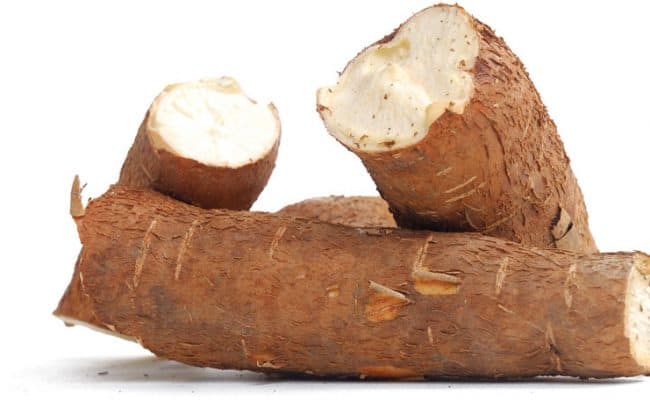
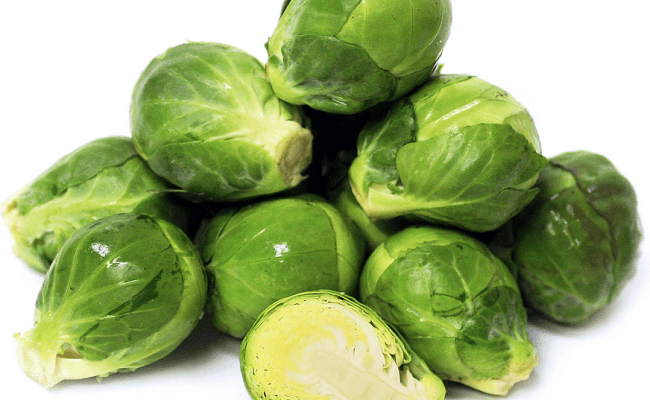
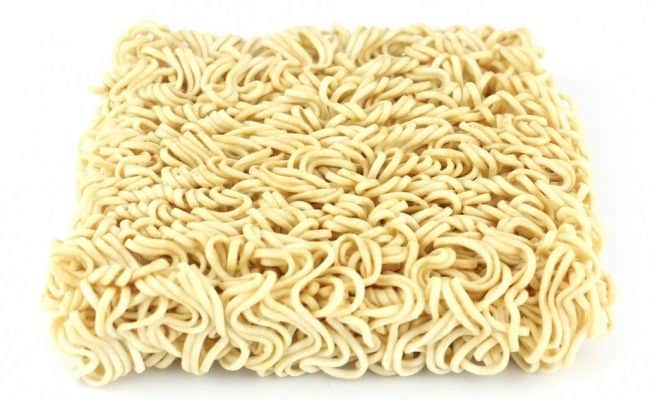
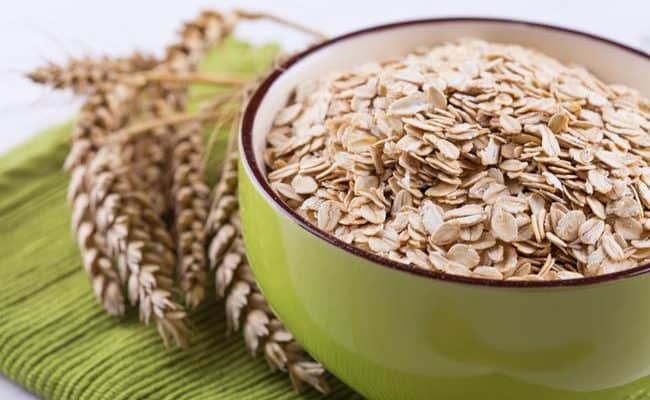


Tariq Hussain says
Hi Holly,
Thank you for sharing about digestive system friendly foods. I think all the mentioned foods have some time different results in differnet situation. i.e. Ginger powder has different effect as compared to fresh ginger and if we use it in excess it shows side effects. Can you please explain all these in next posts. I’m waiting for that.
Regads,
Tariq.